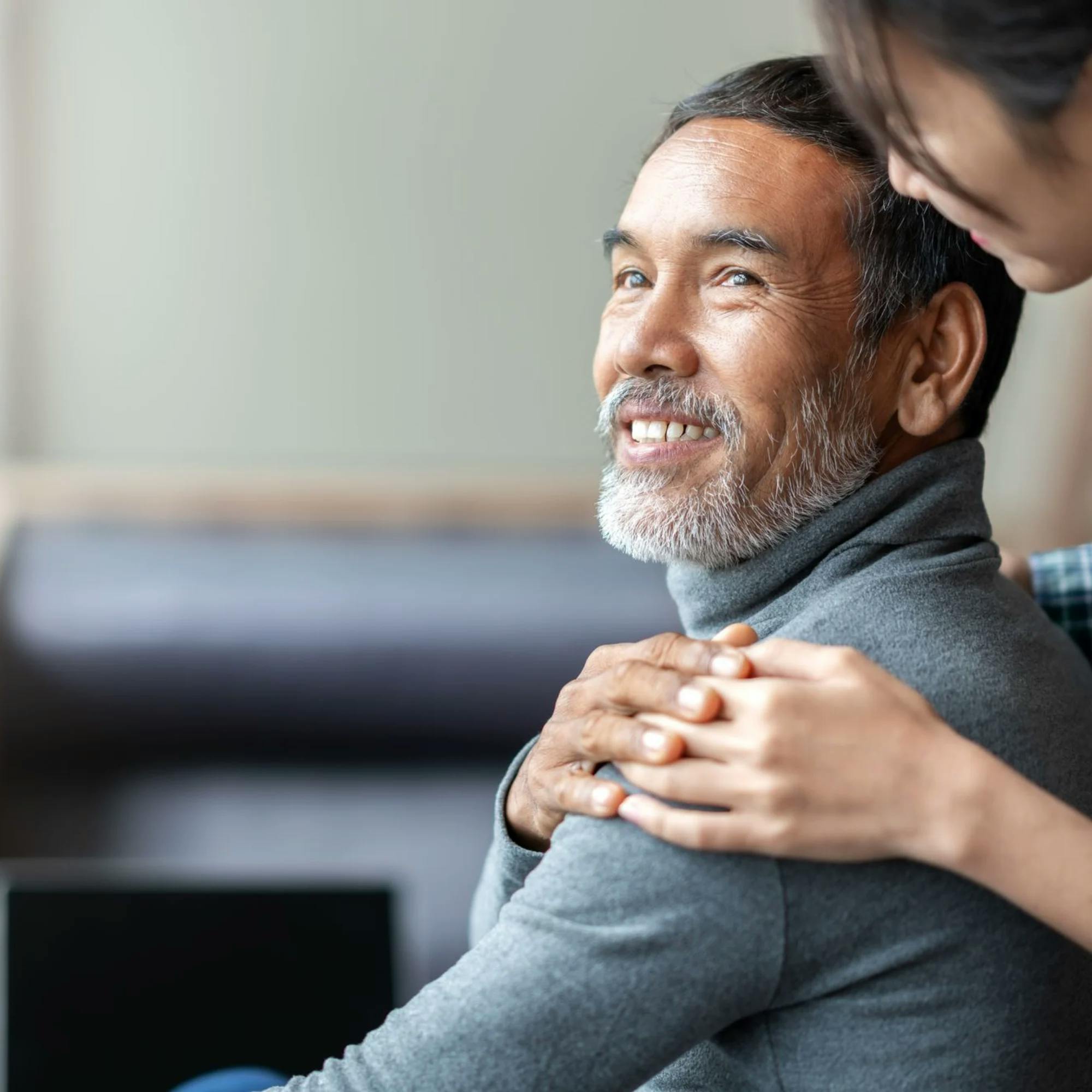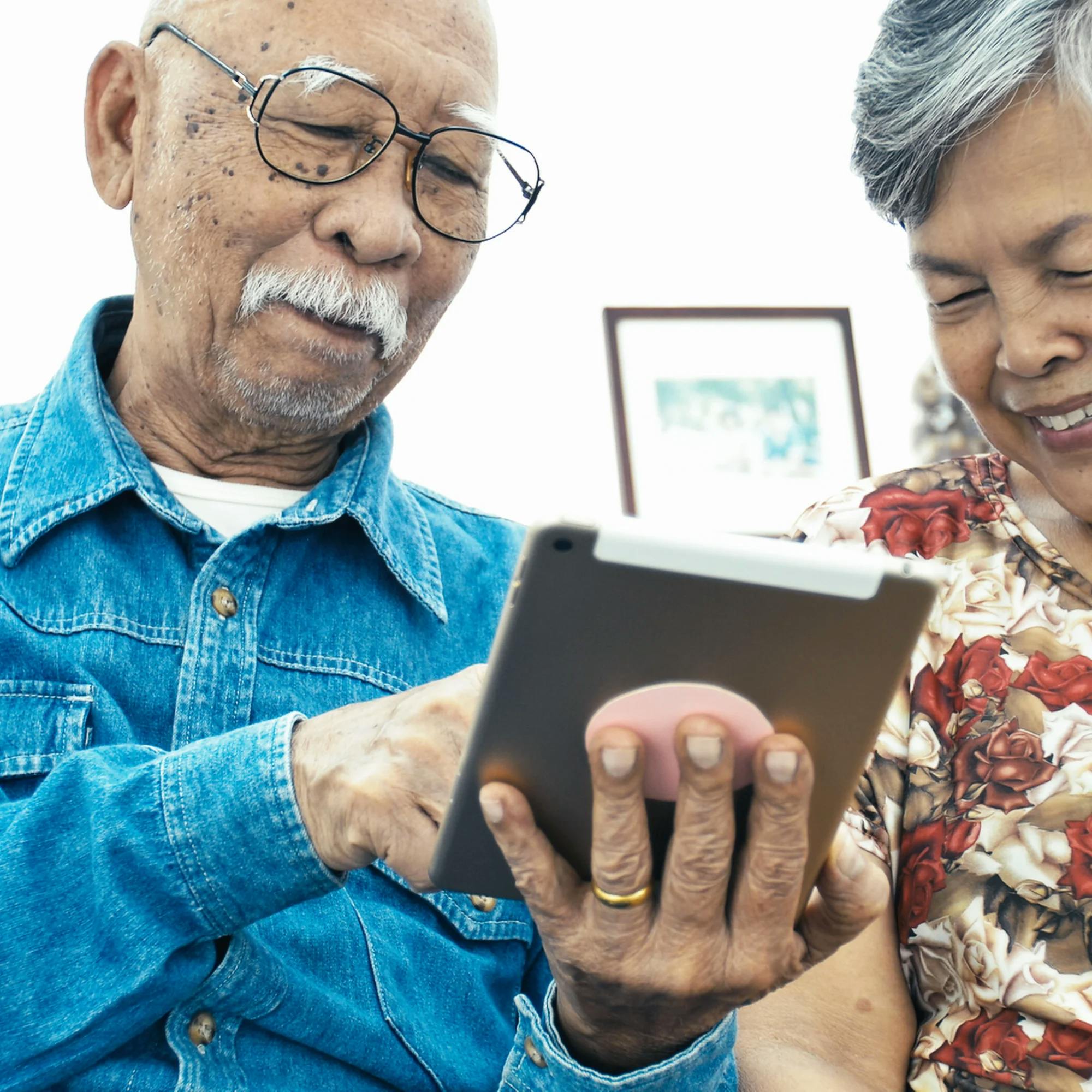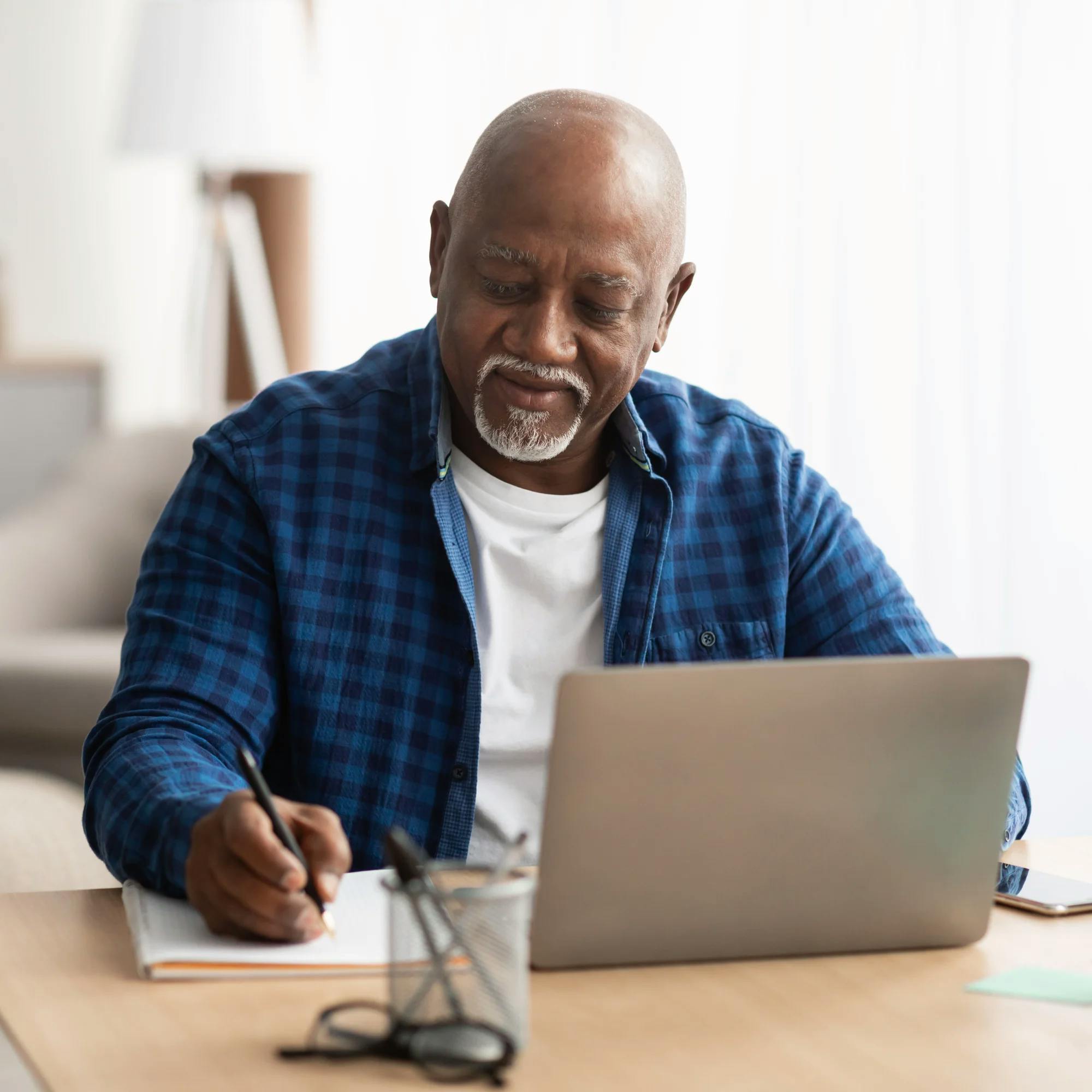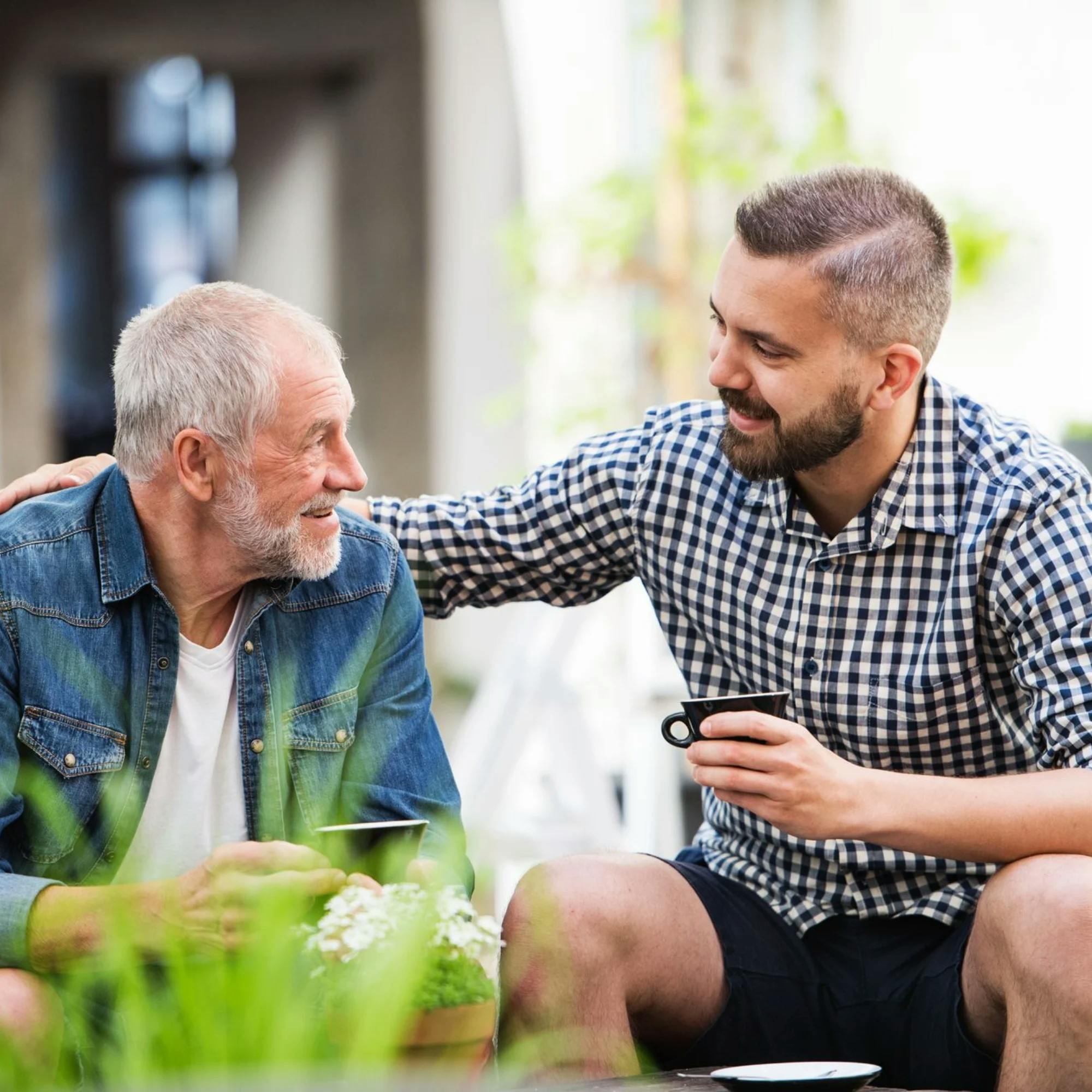Having a stroke is life-changing, both for stroke survivors and for their spouse, partner, family, or caregiver. While the stroke itself is sudden and shocking, coping and recovering is a long process.
Fortunately, there are several things you can do to help ease the journey if your loved one has a stroke. Many people are able to recover and lead fulfilling lives when they have the right treatment and support.
What are the effects of a stroke?
A stroke can cause physical, cognitive, and emotional changes in a person. The degree and type of changes depend on a number of factors, including the severity of the stroke and the person’s overall health before the injury.
Speech, language, and swallowing problems
Many stroke survivors experience speech, language, and swallowing difficulties. Common diagnoses include aphasia, apraxia of speech, dysarthria, and dysphagia.


Cognitive and emotional changes
Cognitive changes can affect the person’s attention, memory, and executive functioning skills like planning and organizing. In addition, many people have a hard time managing their emotions after a stroke. According to the American Stroke Association, 30% of stroke survivors have depression. And 1 in 4 stroke survivors reports experiencing moderate to severe anxiety. Increased confusion and irritability are also common.
Changes in independence
A stroke survivor often experiences changes to their level of independence. For example, driving, working, or staying at home alone might now be out of the question. Coupled with the changes outlined above, this new normal can be a lot to navigate.


How to help your spouse or partner cope after a stroke
1 Encourage your partner to go to their rehabilitation appointments
Stroke rehabilitation, including speech therapy, occupational therapy, and physical therapy, is crucial for recovery. When possible, attend sessions with your loved one. That way you can talk with their therapists and help your partner with the same exercises at home, between sessions. Your rehabilitation team understands the emotional difficulties that can occur post-stroke. As their name suggests, they are your teammates and will help you and your partner through these changes.
2 Educate yourself
Learn as much as possible about stroke and its physical, emotional, and cognitive impacts. If you don’t know where to start, ask your rehabilitation team. They can give you and your partner up-to-date resources that are specific to your needs.


3 Keep having conversations with your loved one!
While your loved one might have a hard time communicating after the stroke, it’s important to continue talking. Use different strategies during your conversations: speak slowly and clearly, minimize distractions, and try using different forms of communication (such as writing or drawing) when breakdowns occur. Social connection improves the person’s mood while also helping them improve their speech-language skills.
4 Encourage brain-healthy habits
Exercising, socializing, getting enough sleep, and eating a healthy diet are important for physical and emotional health. While your spouse or partner might not feel like it, encourage them to get outside for a few hours each week. Being outside in nature can lead to better health and well being.
5 Join a support group
Brain Injury Alliance has state-based chapters with stroke support groups. Lingraphica also offers free support groups for people with aphasia and their caregivers. It can be very helpful to talk with others who are going through similar experiences. Support groups offer a space to openly grieve while also talking about the path forward.


6 Consider talking with a counselor or psychiatrist
A mental health therapist can teach your loved one strategies for coping with anger, sadness, and fear. A psychiatrist can prescribe medications to help with the biochemical changes in the brain that can happen post-stroke. Ask your rehabilitation team if they have recommendations. In general, it’s best for the counselor or psychiatrist you see to be knowledgeable about stroke.
Maintaining your health is just as important for you as it is for your loved one.
7 Acknowledge that this is a hard journey
Stroke recovery can be frustrating and slow. The process can have many ups and downs. If your partner is having a tough day, acknowledge it. Validating the person’s emotions can help them feel less alone.
8 Take care of yourself
Being a caregiver can be physically and emotionally draining. Make time for self-care activities, whether it’s taking a walk, having coffee with a friend, or reading a book. Maintaining your health is just as important for you as it is for your loved one.
How Expressable Can Help
Concerned your child isn't reaching age-expected milestones? Looking for communication support from a professional? Expressable is a national online speech therapy practice serving children and adults. We treat all major areas of communication and feeding, offer flexible hours including evenings and weekends, and accept most major health insurance plans. We’re proud to have earned more than 3,000 5-star reviews from our clients (4.9/5 average).
Our therapy model is centered on parent and caregiver involvement. Research proves that empowering caregivers to participate in their loved one’s therapy leads to better outcomes. That’s why we combine live, 1-on-1 speech therapy with personalized education and home practice activities for faster progress.
Communication is more than words. It’s how we share how we feel and show who we are. We’re here to help you or your child do just that.

 Maggie Clerkin, M.S., CCC-SLP
Maggie Clerkin, M.S., CCC-SLP








